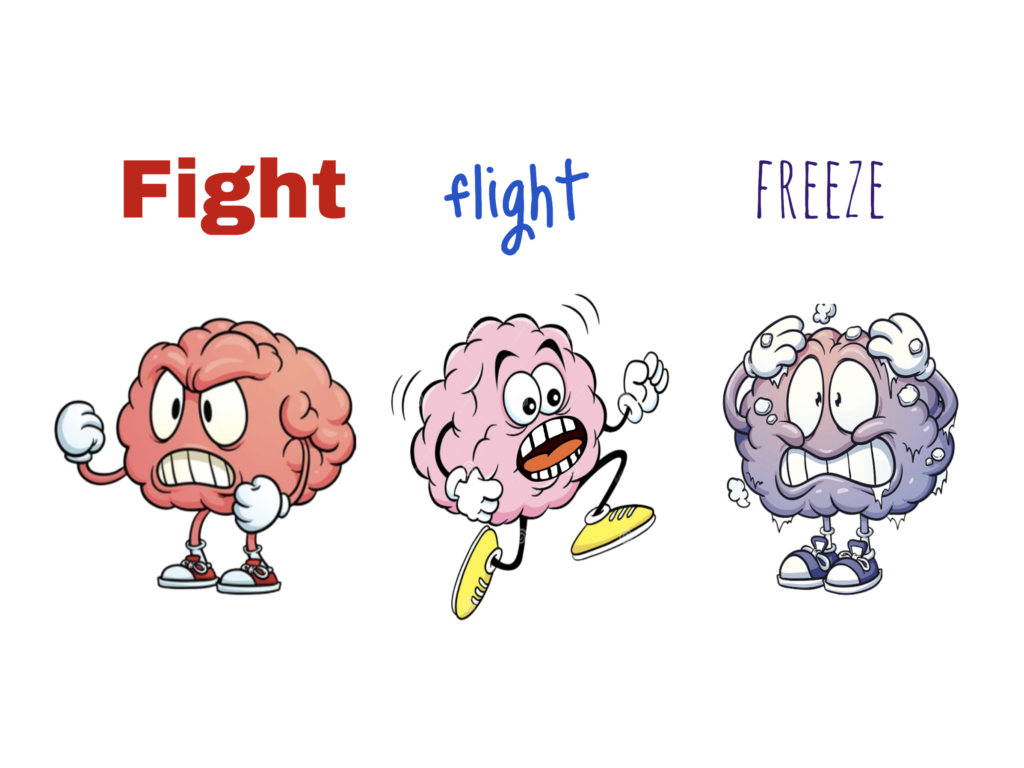It’s natural to want to protect children from danger and help them to feel safe. But sometimes, our brains can react to potentially dangerous situations in ways that are not always helpful. This is known as the fight, flight, or freeze response, and it’s a natural part of the way our brains are wired.
When our brains perceive a threat, they automatically activate the fight, flight, or freeze response. This is an instinctive reaction that is designed to help us survive in dangerous situations. If we are faced with a threat, our brains will automatically decide whether to fight, flee, or freeze.
If the brain decides to fight, it will release chemicals that make us feel strong and powerful. Our heart rate will increase, our muscles will tense, and we will be ready to defend ourselves. This response is helpful if we are being attacked or threatened in some way.
If the brain decides to flee, it will release chemicals that make us feel fast and agile. Our heart rate will increase, our muscles will tense, and we will be ready to run away from danger. This response is helpful if we need to escape from a dangerous situation.
If the brain decides to freeze, it will release chemicals that make us feel still and quiet. Our heart rate will slow down, our muscles will relax, and we will be less likely to be noticed by the threat. This response is helpful if we are unable to fight or flee, and we need to remain quiet and still in order to avoid danger.
The fight, flight, or freeze response is a natural and instinctive part of the way our brains are wired. It is designed to help us survive in dangerous situations. But it’s important to remember that not all threats are real, and sometimes our brains can react to harmless situations as if they were dangerous. This can cause unnecessary stress and anxiety, so it’s important to teach our children how to recognize and manage this response.
By teaching our children about the fight, flight, or freeze response, we can help them to understand why they might feel scared or anxious in certain situations. We can also help them to learn how to calm themselves down and manage their emotions in a healthy way. This can help them to feel more confident and in control, and to enjoy a happy and fulfilling life.

